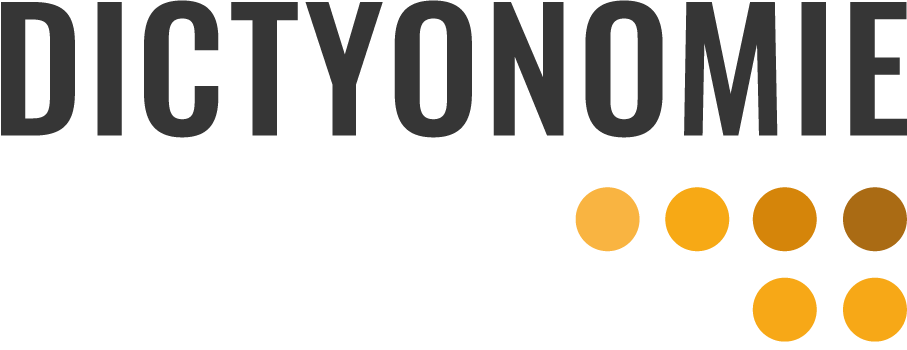„Basically, everyone is a networker – at the football club you find the electrician you trust, at the shooting club you find the used car dealer you can talk to, and at the Sunday pub round after church service you get to talk to the head of the savings bank who – off the record – gives you hints about the creditworthiness of a potential customer. […] Networking seems to be a social behaviour that one cannot escape. Those who do not network are outside the playing field.
The only decisive question is: What do I want? Money and business or leisure and friends? And: What social framework do I need for this? And what do I have to invest to get something out of it? There are different kinds of games in every order of magnitude. And: the profit does not always have to be immediately visible as money.“
- Paul Stänner (Deutschlandradio Kultur)
Even if you don’t know it and I don’t know you personally: you are a professional „networker“. Why am I so sure of that? Well, if you are not a strong sociophobe, but a normal, average person, then you already have all the skills that professional dictyonomen also have and you are only missing a few things to become a professional:
3 things that still separate you from the professional dictyonomen
- The experience of building and maintaining resilient relationships for yourself,
- the will to get ahead in life with the help of your relationships, i.e. to have your own lobby,
- the self-confidence that you already have all the tools that are needed.
Did you know that neurologists have found that a large area of the brain is solely responsible for processing interaction with others? So your brain also has its own section for building your network of relationships. You belong to the elite unit of „networking“, even if you have not yet been in the field. Because very many other people in the past were less well configured to network with others. These people were either killed, starved or otherwise prevented from passing on their genes. They, however, are among the descendants of the better connected who were able to prevail, who survived and who were able to pass on their traits to the next generation.


